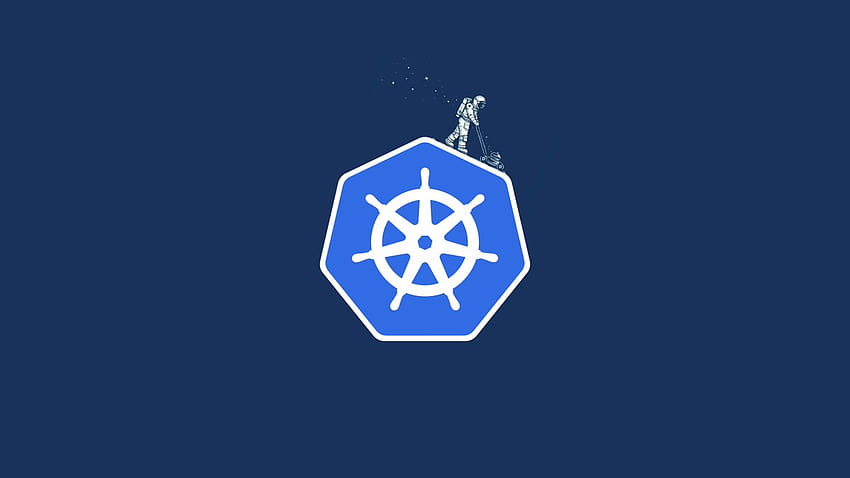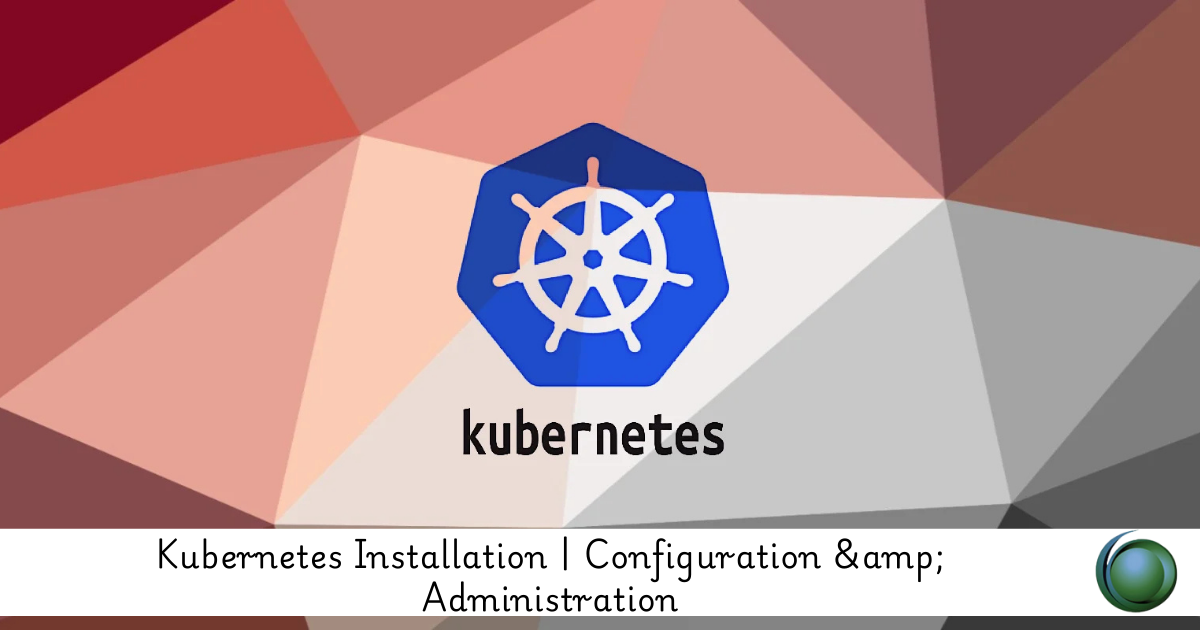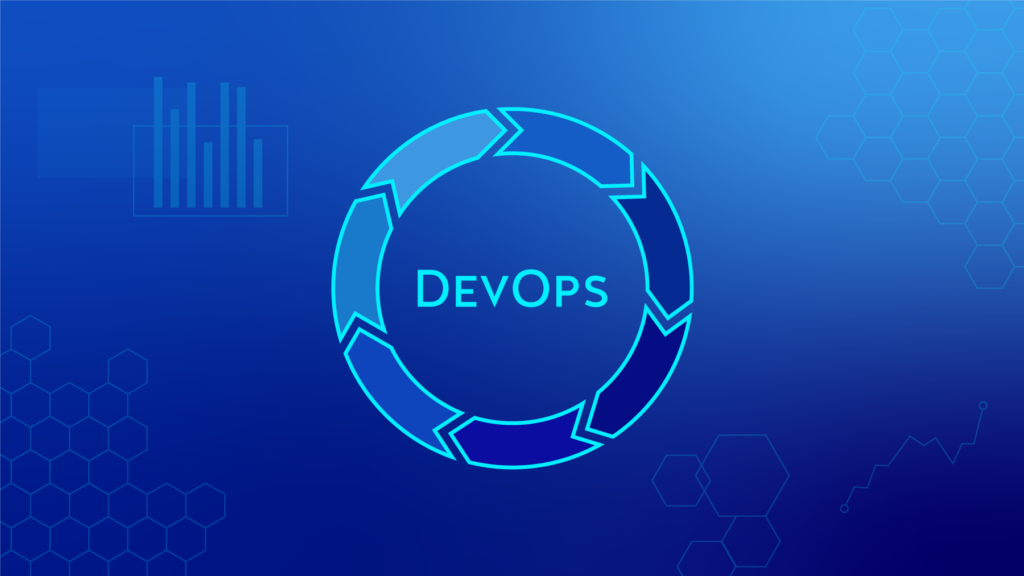Description
Introduction
This course focuses on leveraging Kubernetes, an open-source container orchestration platform, to automate, scale, and manage data pipelines in a reliable and efficient way. With data environments growing increasingly complex, DataOps practitioners require a robust platform that supports scalability, fault tolerance, and seamless integration of various tools. Kubernetes offers a powerful solution for deploying, managing, and scaling the infrastructure needed to support data workflows, providing significant advantages for data-driven organizations.
This course will guide participants through the process of building scalable and reliable data platforms using Kubernetes, covering essential concepts, tools, and best practices for combining the principles with features. By the end, learners will understand how to use Kubernetes to streamline data operations and improve the performance and reliability of data pipelines.
Prerequisites
Participants should have:
- Basic understanding of DataOps principles and practices.
- Familiarity with data engineering and DevOps concepts.
- Experience with containerization using Docker.
- Knowledge of Kubernetes basics, including pod, service, deployment, and namespaces.
- Understanding of cloud environments and infrastructure management.
- Familiarity with CI/CD workflows and tools like Jenkins, GitLab, or CircleCI.
Table of Contents
- Introduction
1.1 Overview
1.2 The Need for Scalable Data Platforms
1.3 Why Kubernetes is Ideal for DataOps - Kubernetes Fundamentals for DataOps
2.1 Introduction to Kubernetes Architecture
2.2 Key Kubernetes Concepts for Data Operations
2.3 Setting Up(Ref: Monitoring and Troubleshooting DataOps Pipelines: Ensuring Performance and Quality ) - Containerization in DataOps
3.1 Containerizing Data Applications and Workloads
3.2 Best Practices for Building and Managing Data Containers
3.3 Working with Kubernetes and Docker in DataOps - Data Pipelines on Kubernetes
4.1 Building Scalable Data Pipelines Using Kubernetes
4.2 Implementing Data Processing and ETL Pipelines on Kubernetes
4.3 Integrating Data Flow Tools (Airflow, Kafka, Spark, etc.) with Kubernetes - Kubernetes for Data Scalability and Reliability
5.1 Scaling Data Pipelines with Kubernetes Autoscaling
5.2 Ensuring High Availability and Fault Tolerance
5.3 Load Balancing for Data Workloads in Kubernetes - Data Storage Solutions on Kubernetes
6.1 Managing Stateful Applications and Persistent Storage
6.2 Integrating Cloud Storage
6.3 Using Kubernetes Volumes and Persistent Volume Claims - Monitoring and Observability for Data Pipelines
7.1 Implementing Logging and Monitoring in Kubernetes Data Platforms
7.2 Integrating Prometheus and Grafana for DataOps Monitoring
7.3 Troubleshooting and Debugging Data Pipelines - CI/CD for DataOps with Kubernetes
8.1 Automating Data Pipeline Deployments with CI/CD
8.2 Continuous Integration for Data Workflows
8.3 Continuous Delivery: Automating Pipeline Updates - Data Security and Governance in Kubernetes
9.1 Securing Data Pipelines and Data Access
9.2 Data Encryption and Authentication in Kubernetes
9.3 Compliance and Governance in Kubernetes Data Environments - Best Practices and Patterns for DataOps with Kubernetes
10.1 Reusable Patterns for Scaling and Automating Data Workflows
10.2 Ensuring Reliable and Secure Data Platforms
10.3 Advanced Kubernetes Features for DataOps - Case Studies and Use Cases
11.1 Real-World Applications of Kubernetes in DataOps
11.2 Scaling Data Platforms in Cloud Environments
11.3 Success Stories: Achieving DataOps with Kubernetes - Future Trends
12.1 Emerging Trends in Kubernetes for Data Engineering
12.2 Integrating AI and ML into Kubernetes Data Pipelines
12.3 The Future of DataOps: Cloud-Native and Kubernetes-Driven
Conclusion
DataOps with Kubernetes offers a powerful approach for building scalable and reliable data platforms. By leveraging Kubernetes’ robust orchestration features, organizations can automate data workflows, scale their operations effortlessly, and ensure high availability for critical data pipelines. This course has provided an in-depth overview of how Kubernetes can be integrated with DataOps practices to address the growing complexity and demands of modern data environments. With the combination of containerization, automation, and monitoring, Kubernetes enables teams to maintain agile and compliant data operations while scaling their data platforms. The knowledge gained from this course will empower professionals to manage data environments more efficiently and optimize the performance of data pipelines across industries.







Reviews
There are no reviews yet.